
Government Connections and Financial Constraints
Evidence from a Large Representative Sample of Chinese Firms
Read or listen offline
Amazon KindleRecommendation
It’s no secret that politics plays a significant role in corporate dealings in China. Economists Robert Cull, Wei Li, Bo Sun and Lixin Colin Xu examine the effects that state ties have on Chinese businesses’ access to capital. They find that the advantages connected firms enjoy have a negative impact on companies operating without such political favor, and thus the apparent government preference for politically connected enterprises may be choking off some of China’s most promising companies. getAbstract recommends this noteworthy report to investors, executives and analysts studying the effects of state ownership on emerging market companies.
Summary
About the Authors
Robert Cull and Lixin Colin Xu are lead economists at the World Bank, Bo Sun is an economist with the Board of Governors of the Federal Reserve, and Wei Li is a professor at the Cheung Kong Graduate School of Business in Beijing.









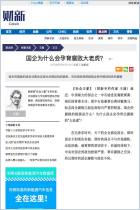

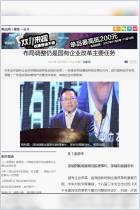
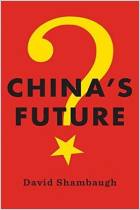
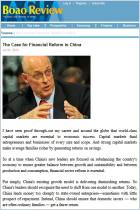
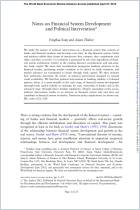






Comment on this summary or Diskussion beginnen